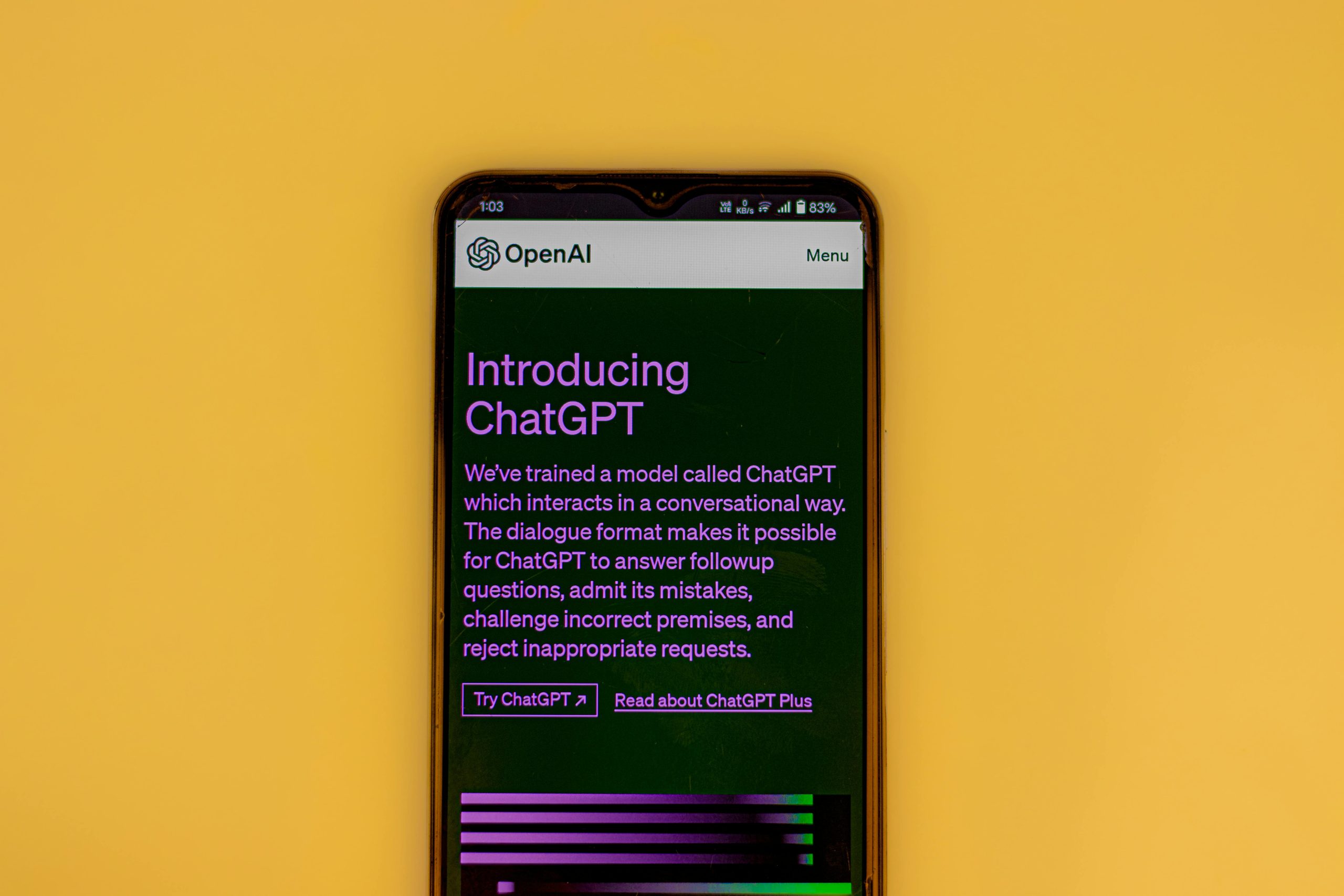Unhappy with Gemini’s performance – contextual knowledge issues and disappointing results
Evaluating AI Tool Performance: A Critical Look at Gemini’s Limitations and User Experience
In the rapidly evolving landscape of AI integration, tools like Gemini, Claude, and ChatGPT have become essential for many users seeking automation and enhanced productivity. However, recent user feedback indicates that not all AI platforms are created equal—particularly concerning Gemini’s performance and internal understanding of its functions.
Understanding User Challenges with Gemini
Despite its promising capabilities and deep integration with Google Workspace, users have reported persistent issues that hinder effective utilization. One of the primary concerns is Gemini’s inconsistent handling of contextual knowledge, especially regarding its own functionalities. Users often find themselves repeating prompts or attempting to “teach” the AI how to execute specific tasks, which undermines efficiency and suggests a gap in the model’s self-awareness and programmatic understanding.
For instance, users have attempted to leverage Gemini’s integration with Gmail through core features like email searching. Expectations are that, with the appropriate extensions enabled, Gemini could directly access and retrieve email threads. However, the AI frequently responds with limitations citing privacy restrictions or technical inability, only to disclose later that it can perform the task. Such inconsistent responses create frustration and reduce trust in the tool’s capabilities.
Another recurring example involves managing data stored within the AI’s memory or “info you asked Gemini to save.” Users have attempted to create organized lists across Google services, such as choosing between Google Keep, Tasks, or Sheets for shopping lists. In one case, the AI initially generated a shopping list in Google Keep but was re-prompted to place it within Google Tasks. The AI then claimed it lacked access to the workspace, only to later act surprised when prompted again, ultimately creating a new task list that did not include previously stored items. These lapses highlight a fundamental issue: Gemini’s internal recognition of stored data and contextual awareness appears unreliable.
Furthermore, discrepancies in functionality across different versions—such as Gemini 2.5 versus Gemini Pro—are significant. For example, Gemini 2.5 Flash’s claim that it cannot generate or output Google search links contrasts with Gemini Pro’s capability to do so. Users report that such features are only accessible at the Pro tier, yet the AI’s communication often obscures this distinction, leading to confusion and unmet expectations.
Comparative Insights
When contrasted with competitors like Claude and ChatGPT, Gemini’s performance appears less stable. Both Claude and ChatGPT tend to demonstrate a more consistent understanding of their operational scope and execute tasks with higher reliability. These














Post Comment